
Masahiro Andō is a Japanese composer and guitarist from Chikusa-ku, Nagoya, Aichi Prefecture, Japan. From 1976 to 2021, he was the guitarist and leader of the Japanese jazz-fusion band T-Square. He was also one-third of Ottottrio, a supergroup led by three Japanese guitarists: himself, Hirokuni Korekata of Rocket Jam and Issei Noro of Casiopea.

Issei Noro is a Japanese jazz fusion guitarist who is one of the founding members and the main composer of the band Casiopea. He has released 6 solo albums and a compilation. He also works as an instructor of a guitar clinic, and as a producer.

4×4 - FOUR BY FOUR is the eighth album and sixth studio album by Casiopea recorded and released in 1982. Lee Ritenour, Harvey Mason, Nathan East, and Don Grusin participated in the recording of this album.

Directstep is the twentieth studio album by jazz pianist Herbie Hancock. The record was released exclusively in Japan on January 21, 1979, via the Japanese CBS/Sony label. Participating musicians include saxophonist Bennie Maupin, keyboardist Webster Lewis, bass guitarist Paul Jackson, guitarist Ray Obiedo, percussionist Bill Summers, and drummer Alphonse Mouzon.

T-Square, stylized in all-uppercase T-SQUARE, is a Japanese jazz fusion band formed in 1976. They became famous in the late 1970s and early 1980s along with other Japanese jazz bands. They are known for songs such as "Truth", "Japanese Soul Brothers", "Takarajima", and "Omens of Love", among others.

Strikes Twice is an album by Larry Carlton, released in 1981.

Make Your Move is the fifth album by the American duo Captain & Tennille. Released in 1979, the album includes the #1 hit single "Do That to Me One More Time". The album was certified Gold by the RIAA. It is their first album on Casablanca Records.

Lucky Summer Lady is the debut studio album by the Japanese jazz fusion group T-Square, who were then known as The Square. It was released on September 21, 1978.
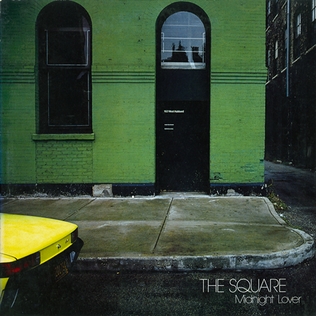
Midnight Lover is the second studio album of the Japanese jazz fusion group T-Square, who were then known as The Square. It was released on December 21, 1978.
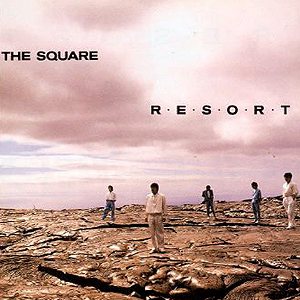
R.E.S.O.R.T. is the tenth studio album by Japanese Jazz fusion band T-Square, who was then called The Square. It was released on April 1, 1985 under Columbia Records. This was the last studio album with drummer Tohru Hasebe, who would leave the band after the tour. Hiroyuki Noritake would replace him in the next album. The album has also been released on Laserdisc.

Rockoon is the fourth studio album by Japanese Jazz fusion band T-Square. It was released on April 1, 1980.
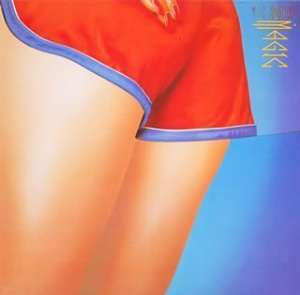
Magic is the fifth studio album by Japanese Jazz fusion band T-Square, who were then known as The Square. It was released on November 1, 1981.

Temptation of Shapely Legs is the sixth studio album by Japanese jazz fusion band T-Square, who was then known as The Square. It was released on November 21, 1982. This is also the first T-Square album to have a Japanese name, whereas the previous names were in English.

Adventures is the eighth studio album by Japanese jazz fusion band T-Square, then known as The Square. It was released on April 1, 1984.

Truth is the twelfth studio album by Japanese Jazz fusion band T-Square, who was then known as The Square. It was released on April 1, 1987.

Yes, No is the thirteenth studio album by Japanese Jazz fusion band T-Square. It was released on February 26, 1988 through Columbia Records and was the last studio album by the band released under the name The Square, though by this point they were already Touring the United States as T-Square.
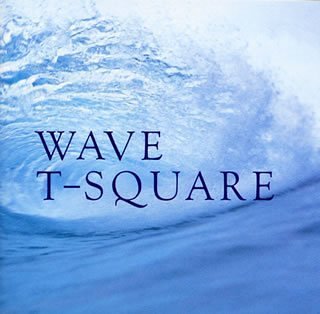
Wave is the fourteenth studio album by Japanese jazz fusion band T-Square. It was released on March 21, 1989.

New-S is the sixteenth studio album by Japanese Jazz fusion band T-Square, released in 1991. This album marks the introduction of saxophonist Masato Honda to the band, after Takeshi Itoh left the group.
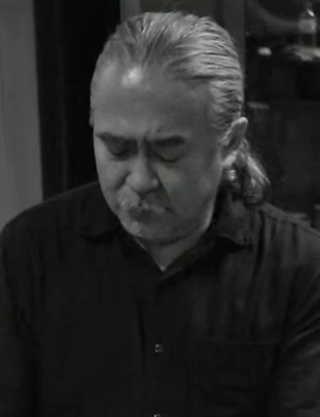
Hirotaka Izumi was a Japanese keyboardist, pianist, and composer who was a former member of the jazz fusion band T-Square. Besides T-Square, he was also active in the bands Pyramid (ピラミッド) and Voyage (ヴォヤージュ).

For You is the sixth studio album by Japanese singer-songwriter Tatsuro Yamashita, released in January 1982.




















